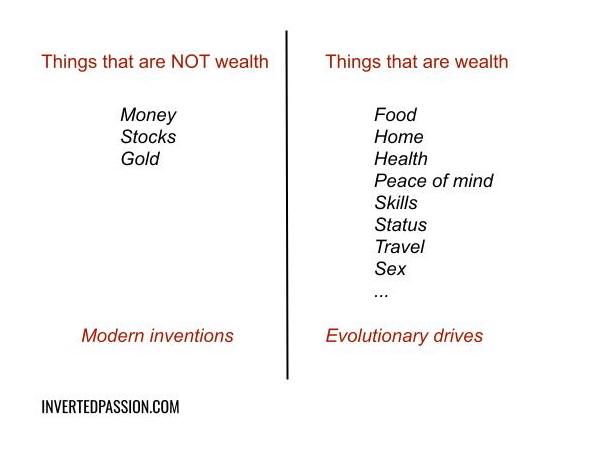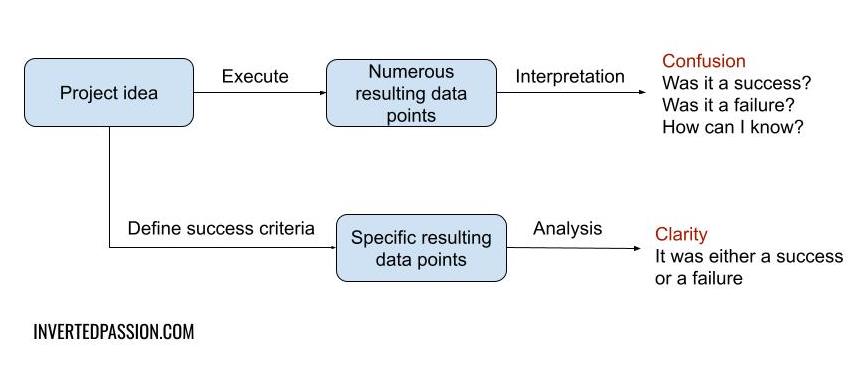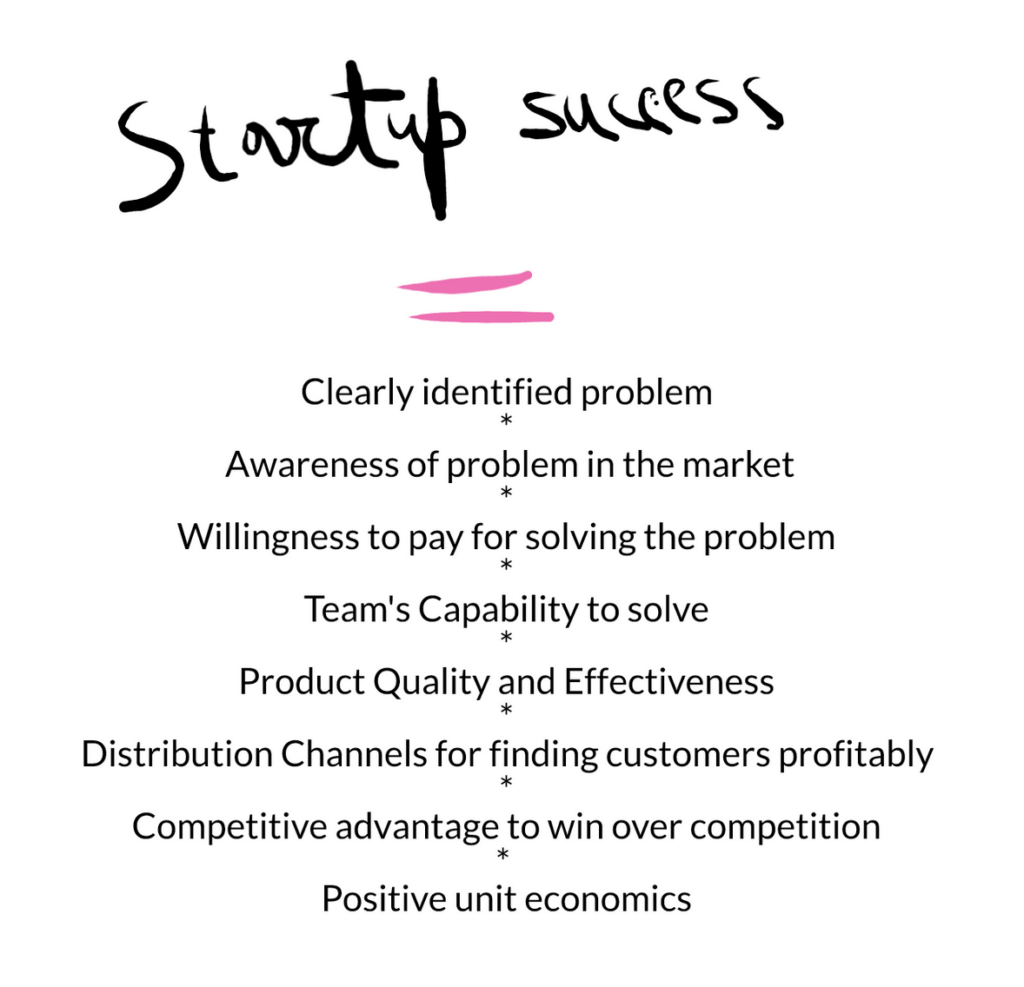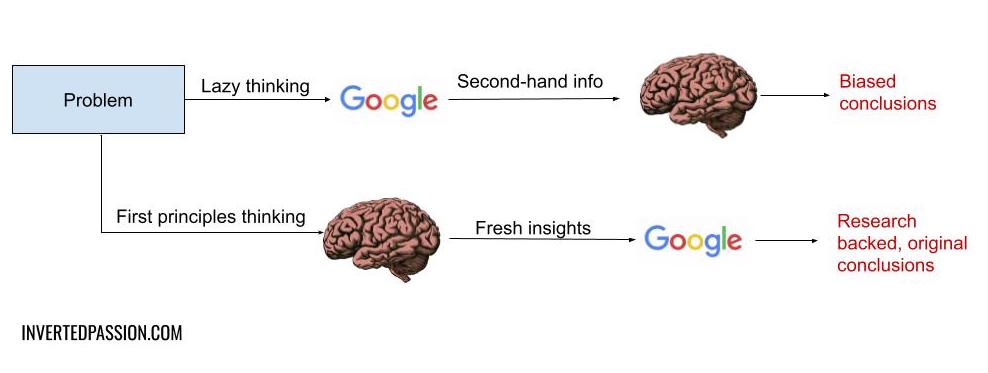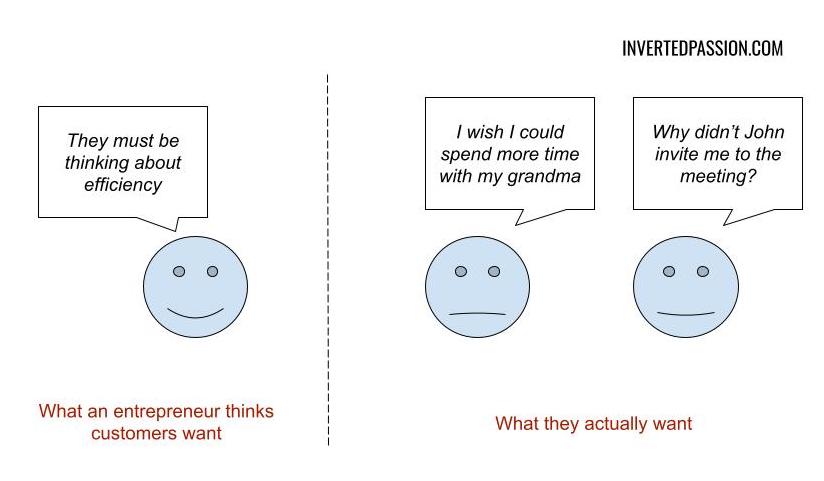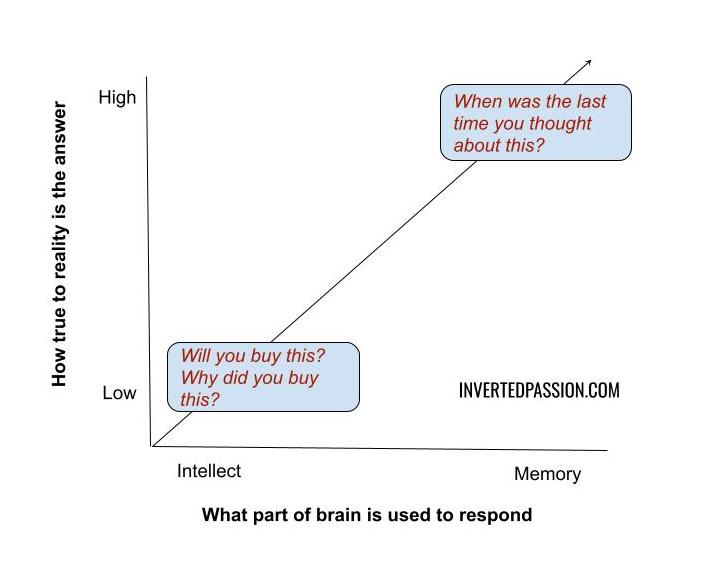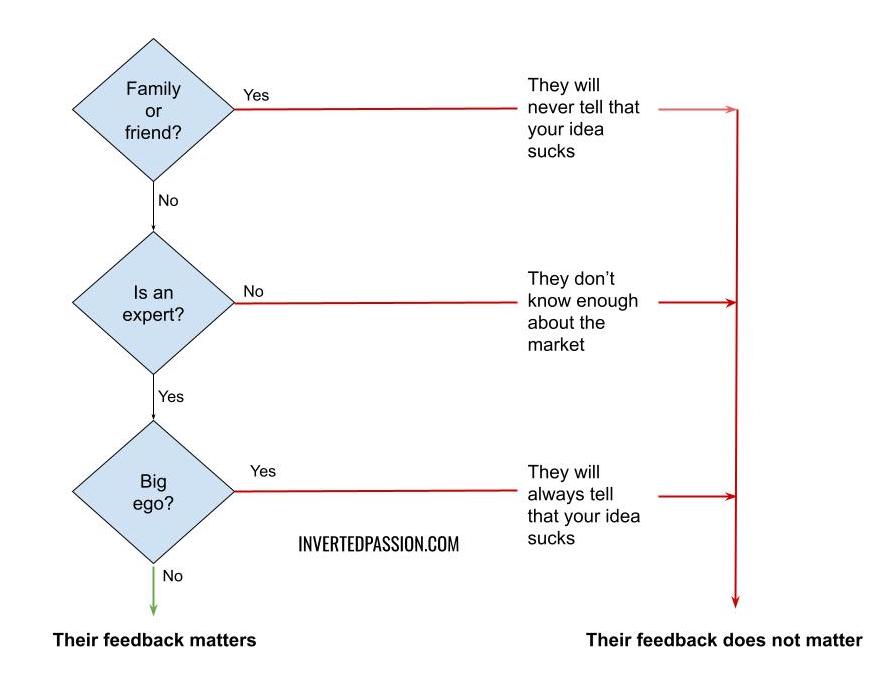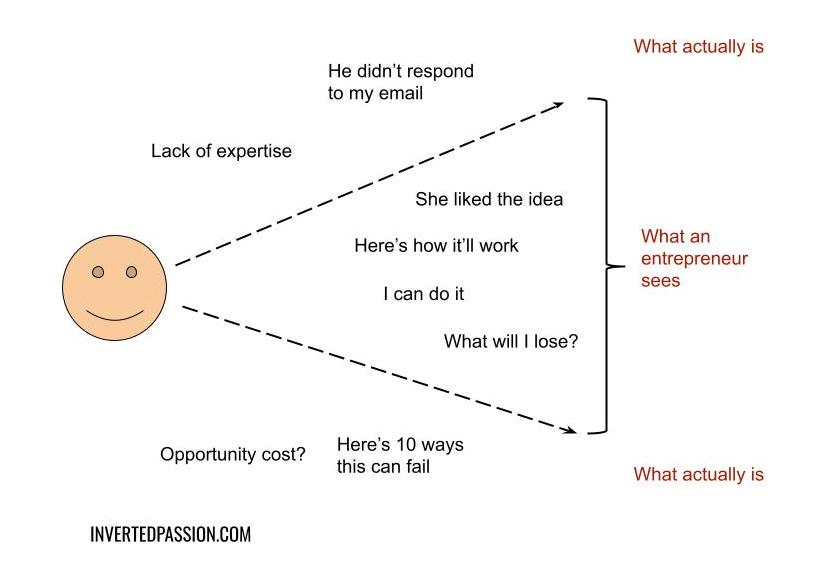Are LLMs intelligent?
Debates on this question often, but not always, devolve into debates on what LLMs can or cannot do. To a limited extent, the original question is useful because it creates an opening for people to go into specifics. But, beyond that initial use, the question quickly empties itself because (obviously) the answer to the question if X is intelligence depends on how you define intelligence (and how you define X).
Even though it is clear that words are inherently empty, internet is full of such debates. People focus on syntax, when semantics is what runs the world. ...
